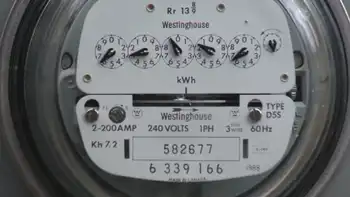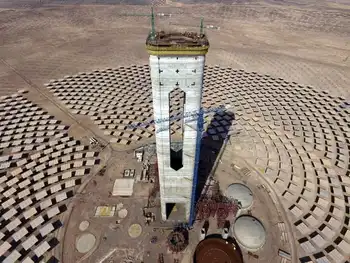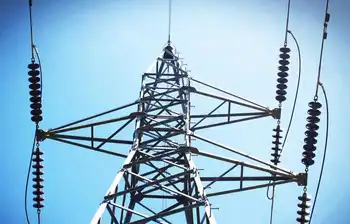Iran's nuclear program closed issue: Ahmadinejad
UNITED NATIONS - Iranian President Mahmoud Ahmadinejad announced that his country's disputed nuclear program is closed as a political issue, and said Tehran will disregard UN Security Council resolutions imposed by "arrogant powers" to curb it.
Instead, he told world leaders at the UN General Assembly Iran has decided to pursue the monitoring of its nuclear program "through its appropriate legal path," the International Atomic Energy Agency, the UN's nuclear watchdog.
IAEA chief Mohamed El-Baradei said this month that Iran's co-operation was an important step, but urged Tehran to answer all questions, including about reported experiments that link enrichment and missile technology, before year's end. IAEA officials returned to Tehran to deal with the nuclear questions.
When Ahmadinejad took the podium of the General Assembly, the U.S. delegation walked out, leaving only a note-taker to listen to his speech, which indirectly accused the United States and Israel of major human rights violations.
The Iranian leader spoke hours after French President Nicolas Sarkozy warned the assembly that allowing Iran to arm itself with nuclear weapons would be an "unacceptable risk to stability in the region and in the world."
Earlier, German Chancellor Angela Merkel threatened tougher sanctions against Iran if the country remains intractable on the dispute over its nuclear program.
Iran insists its program is aimed solely at producing nuclear energy. But the United States and key European nations believe the program is a cover for producing weapons.
Ahmadinejad has defied two Security Council resolutions demanding it suspend its enrichment program and imposing escalating sanctions. His speech made clear Iran doesn't intend to comply now.
"In the last two years, abusing the Security Council, the arrogant powers have repeatedly accused Iran and even made military threats and imposed illegal sanctions against it," he said. Iran will now "pursue the issue through its appropriate legal path... through the IAEA, and to disregard unlawful and political impositions by the arrogant powers," he said.
Iran is allowing the IAEA to inspect its known nuclear facilities, but no longer allows inspectors to look for suspicious activities on short notice.
ElBaradei recently proposed a compromise under which Iran agreed to answer questions on past nuclear activities, some with possible weapons applications, that it had refused to answer in the past. It pledged to respond by year's end.
The U.S. initially opposed the plan, fearing it could draw attention away from Iran's defiance of the UN Security Council and its demands that the Islamic Republic suspend uranium enrichment. It later endorsed the plan, emphasizing Iran must heed the Security Council.
Related News

Nova Scotia can't order electric utility to lower power rates, minister says
HALIFAX - The province can't ask Nova Scotia Power to lower its rates to ease the financial pressure on out-of-work residents because it lacks the authority to take that kind of action, the provincial energy minister said Thursday.
Derek Mombourquette said he is in "constant contact" with the privately owned utility.
"The conversations are ongoing with Nova Scotia Power," he said after a cabinet meeting.
When asked if the Liberal government would order the utility to lower electricity rates as households and businesses struggle with the financial fallout from the COVID-19 pandemic, Mombourquette said there was nothing he could do.
"We don't have the…




